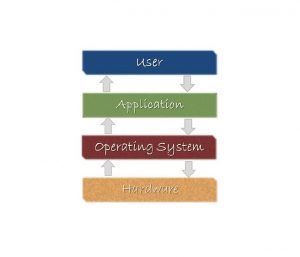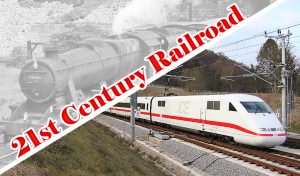
Photo by Virgo Group – Own work, CC BY-SA 4.0
“Creating a better world requires teamwork, partnerships, and collaboration, as we need an entire army of companies to work together to build a better world within the next few decades. This means corporations must embrace the benefits of cooperating with one another.” The words of Simon Mainwaring, an award-winning branding consultant and CEO of the social branding firm, very well describe PSA’s approach to business partnership. Continue Reading




